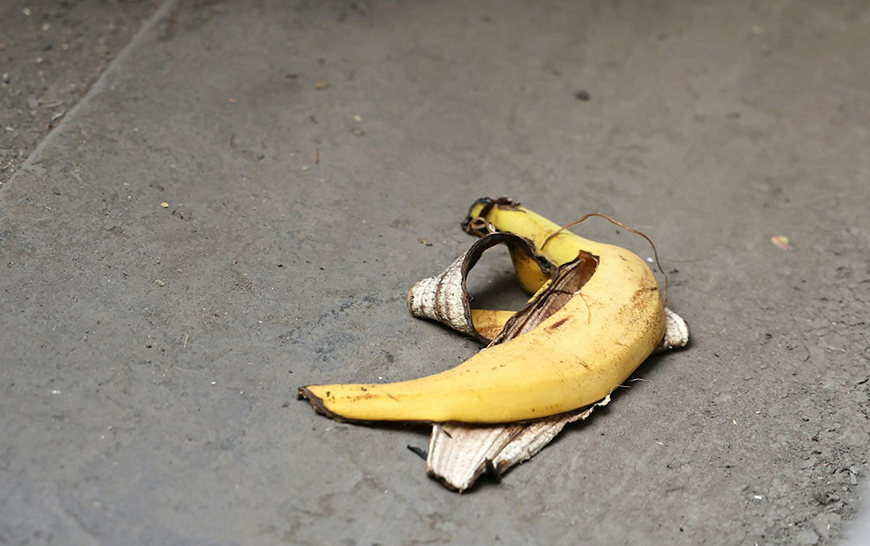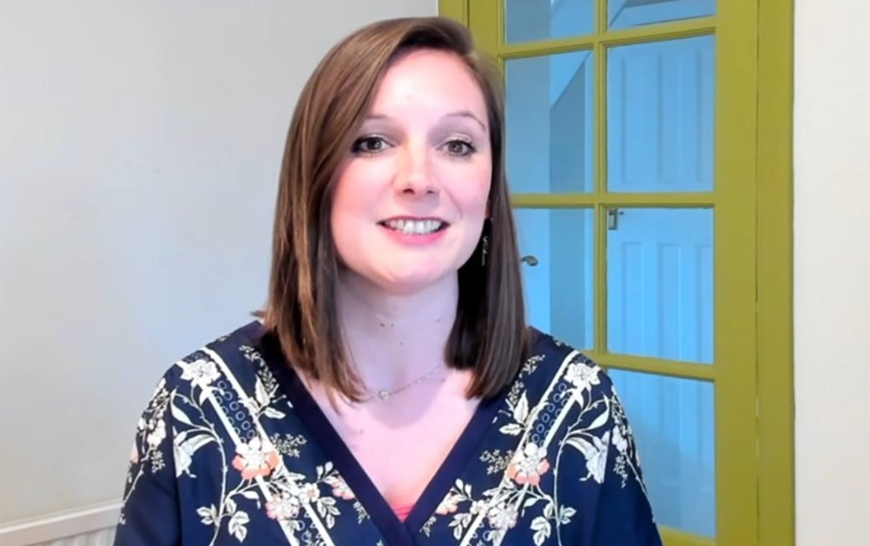I have just come off stage after a three-week run at the Hope Theatre in Islington. The show was a success, with great reviews and feedback. Was it perfect every night? No! Was it perfect any night? Actually, no! It’s live performance. Something usually goes a bit wrong (and occasionally, very wrong).
Part of an actor’s job is to turn mistakes to our advantage. Navigating sudden little unexpected turns is one way we keep ourselves present and focused.
The Same Every Night?
In theatre (unless you’re in a slick, pre-programmed West End spectacular), we’re not really looking for it to be exactly the same every night. One of the most important acting text books published this century is called Different Every Night (Mike Alfreds, 2007). For actor and audience, the hundredth show should feel as fresh, alive and spontaneous as opening night. A good actor is always responsive, never on auto-pilot, even months into a run. That’s why they can deal with fluffed lines, dropped props, and patches of darkness without breaking character or world.
So What Happened?
Here are a few examples of things that went wrong during our run:
- Fluffed Lines
- Misbehaving Props
- Technical Issues
Most nights we made little slips – a phrase dropped, a couple of words flipped around, a missed cue. In one of our first performances we leapfrogged a whole page. As soon as it happened, the other actor and I locked eyes. We knew that there was a crucial bit of story in the passage we’d missed. We had to go back! And between us, somehow, we did! We jumped back, did the important bit, and then managed to avoid a ‘Play That Goes Wrong’ doom loop by jumping forward to the end of the scene. Our hard work in the rehearsal room, learning the play and building up trust between us, paid off. Was there a moment of inner panic? Of course! Did the audience notice our irregular route through the scene? No!
I had a lot of what actors call ‘business’ in this performance. I sipped coffee, poured whisky, scribbled in a notebook, bandaged my hand and had several on-stage costume changes. One night all my props misbehaved. A coin rolled off the table into the audience. I could not find the loop to hang my jacket on its peg. My bow tie came undone. My hat fell off its shelf. My bag kept falling over. Objects misbehave in real life, too. My character was having a bad day. I allowed my frustration to become his. He picked up the coin, finally hung up his jacket, dusted the hat off in annoyance. I could tell the audience were enjoying my battle with my objects. It’s the joy of theatre – this story is actually happening in physical space in front of you.
One night an electrical connection on one of our lights had become loose, and the light was not working. I only noticed when I turned to deliver a line and found myself in the dark instead of dazzled. For the rest of that show, I stayed nimble. When it came to any action that was supposed to take place on the now-dark part of the stage, I did my best to find a different light. It required some nifty on-the-spot restaging, but it was a good challenge that gave my actions and lines a fresh energy.
Disaster Strikes!
At MSB Executive we give our clients techniques for coping when things go wrong during important presentations or speeches. We encourage them to learn from the actor’s approach: treat it as an opportunity to build your connection with your audience. MSB Executive’s first client was the University of Southampton’s business accelerator programme. As soon as our founder, Martyn, took the stage, the projector bulb exploded. The audience nervously laughed and looked at what Martyn was going to do. By using techniques from the world of acting Martyn managed to keep his composure and laugh off the challenge. His credibility with the audience to talk about communicating with confidence shot up.
If we see things going wrong as an opportunity, rather than than something to fear, it can be a fantastic way to connect with our audience.








0 Comments